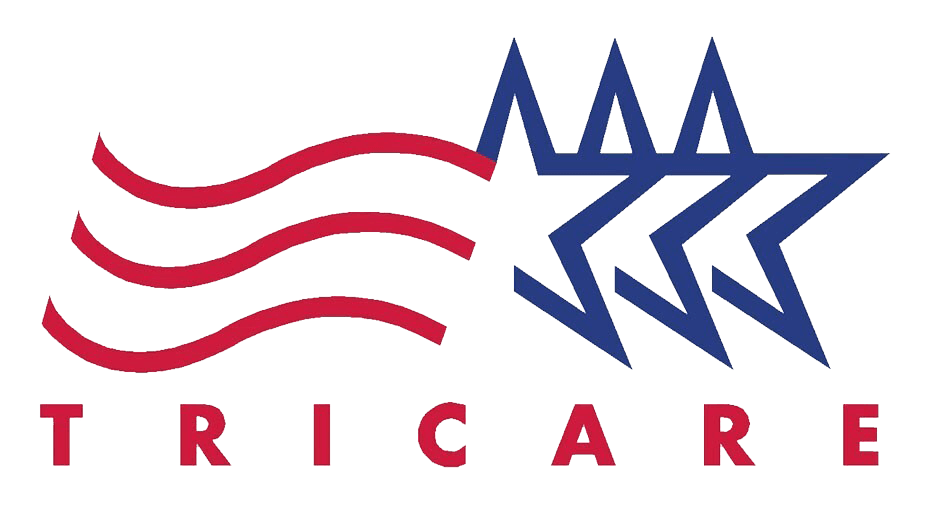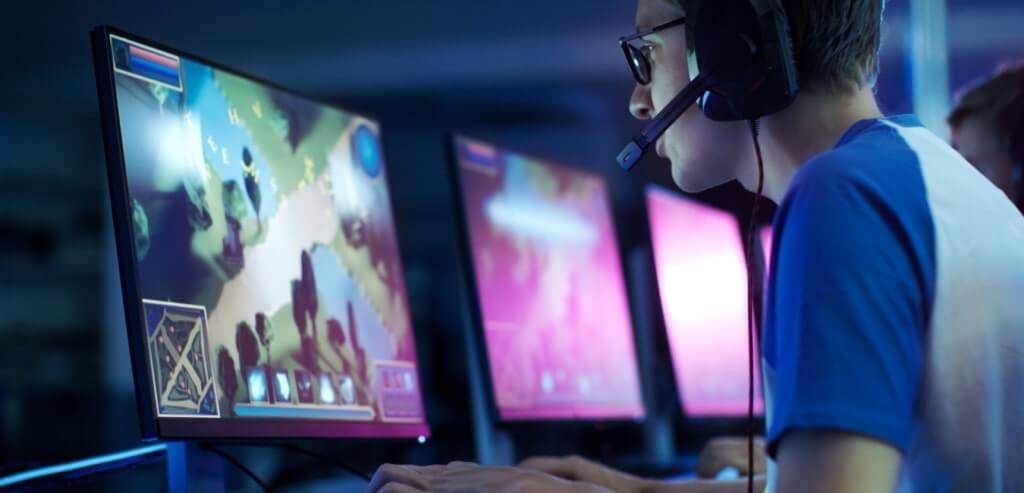Is e-Sports glorying the problem of gaming addiction?
Electronic sports, also known as e-sports, is the organized world of competitive video gaming. While many people think of middle or high school-aged children when they think of video games, that is not necessarily true. The e-sports world has become a 20+ billion-dollar industry consisting of professional athletes and leagues that compete in many different countries worldwide. Research has shown that over 59% of all Americans have access to and engage in video games. As we see e-sports continue to grow into a successful and well-known industry, we think about one question: is this the next addiction epidemic, and is the sector glorifying the problem of gaming addiction?
To fully understand the e-sports and gaming addiction world, we must understand what exactly gaming addiction is, who is affected, and how someone can receive treatment for this addiction.
The History of Gaming:
The first round of commercial video games went publicly live in the 1970s. It did not take exceptionally long for the first video game or gaming addiction reports to appear in psychological and psychiatric literature.
In 1983 Soper and Miller claimed the disorder was just like any other behavioral addiction. It consisted of compulsive behavioral addiction and physical and mental symptoms when attempting to stop the gaming addiction. (Soper & Miller, 1983)
In 1989 the first empirical study was published that focused explicitly on gaming addiction. The study focused on a sample of 127 teenage and young adult males. (M., 1989)
In the 2000s, the world saw substantial growth in the number of studies on video game addiction. These studies focused mainly on gaming that had expanded into the online gaming community (E-sports, multiplayer, etc.)
Between 2000 and 2010, around sixty studies were published on gaming addiction that examined all aspects of gaming addiction using non-self-report methodologies.
The gaming industry surpassed the film industry revenues in 2002 with total revenue of 10.3 billion dollars.
E-sports, in particular, has seen phenomenal growth in recent years. Twitch, one of the leading gaming streaming sites, averages around 30 million viewers each day. So, just how big is e-sports:
- In 2020, the League of Legends world championships brought in 139 million hours in viewership. (2020 World Championship, n.d.)
- The esports industry is expected to generate revenues of over $1556.7m globally by 2023. (Newzoo Global Esports Market Report 2020, n.d.)
Online Gaming Addiction Statistics:
A research study that research scientist Douglas A. Gentile conducted, Ph.D., examined video game usage rates of 3,034 children and teenagers. Surprisingly, this specific study revealed the following information:
- Twenty hours a week of playtime was the average of all participants.
- The research estimates that 72% of American households have someone engaging with the gaming community.
- Researchers found that four percent were “extreme” users who played on average 50 hours of video games a week from observing the study participants.
Key Warning signs to watch for:
An obsessive preoccupation with games at the expense of real-life activities or obligations shares some of the characteristics of addictive behavior. So how can a friend or family member tell when gaming has stopped being simple entertainment and become an addiction? Here are a few of the critical warning signs to watch for:
- A decline in personal hygiene.
- The individual will need to play more intensely to achieve enjoyment.
- No longer want to partake in other hobbies or activities that they once enjoyed.
- They are using video games as an escape from conflicts or stressful situations.
- Devoting less time to their partner or children.
While adult players can suffer from the effects of playing video games, many professionals have noted that the following are the key concerns when it comes to the developing mind and body of younger players:
- Lack of physical exercise can lead to weight gain and poor posture.
- Face-to-face social skills.
- The loss of ability to stay focused at a slower speed since rapid movement and fast-paced video games can negatively affect concentration levels.
- Increased aggression or violence.
Do You Need Help?
Gaming Addiction Help:
The treatment process for gaming addiction and online gaming addiction is like the treatment of substance use disorder. Treatment will include behavioral modification and cognitive behavioral therapy.
Here at Omega Recovery, we offer a comprehensive and immersive 8-week program designed to treat gaming addiction. While addressing all underlying issues contributing to the gaming addiction. Many gamers struggle with depression, anxiety, substance use, self-esteem, low resilience, shame, and trauma. Frequently the individual will also find themselves struggling to find real purpose, also meaning in their life.
The recovering gamer gets the full clinical impact of an inpatient program in a more comfortable, alternative to traditional inpatient treatment. Omega Recovery has found that this type of treatment setting has better recovery outcomes as it is a more authentic and organic living and therapeutic environment. This which translates into a smoother transition post-treatment.
Conclusion
Takeaways on Gaming Addiction:
Video games have become the “in” thing of the present, and by the looks of research, they will continue to grow tremendously in the future with no indication of it stopping. Unfortunately, while it is an enjoyable and rewarding form of entertainment for many people, it has turned into a source of devastation for individuals who suffer from gaming addiction. It interferes with their ability to function in their daily lives.
Families and friends who investigate and understand the major signs of pathological video game usage and are not hesitant to act after the addiction has been identified will benefit.
Since we know that younger children and their less developed frontal cortex are more susceptible to the addicting potential of gaming, parents should try and discourage gaming for younger children (ages 2 to 10). Kids this age simply do not have the more fully developed impulse control of older kids. In fact, the frontal cortex which controls impulsivity does not fully develop until a person is in their early 20s, but older kids are a little further along developmentally than younger kids. And research also shows that early hyper-arousing screen time (like gaming) actually increases the likelihood of impulse control disorders and the prevalence of ADHD (cite Dr. Dimitri Christakis research) as they get older.
So if you are determined to let your child play video games–at least try and delay their gaming for as long as possible to allow their brains a chance to more fully develop and not be quite as susceptible to the addicting and impulsivity-compromising effects of gaming.
Contact Us Today
If you or your loved one is struggling with gaming addiction. Or you think you are starting to see the signs, contact us today. At (512) 601-5407 or send us an e-mail at intake@omegarecovery.org.
Want to continue learning more about gaming addiction and how Omega Recovery can provide gaming addiction help? Visit us at:Gaming Addiction Treatment.







